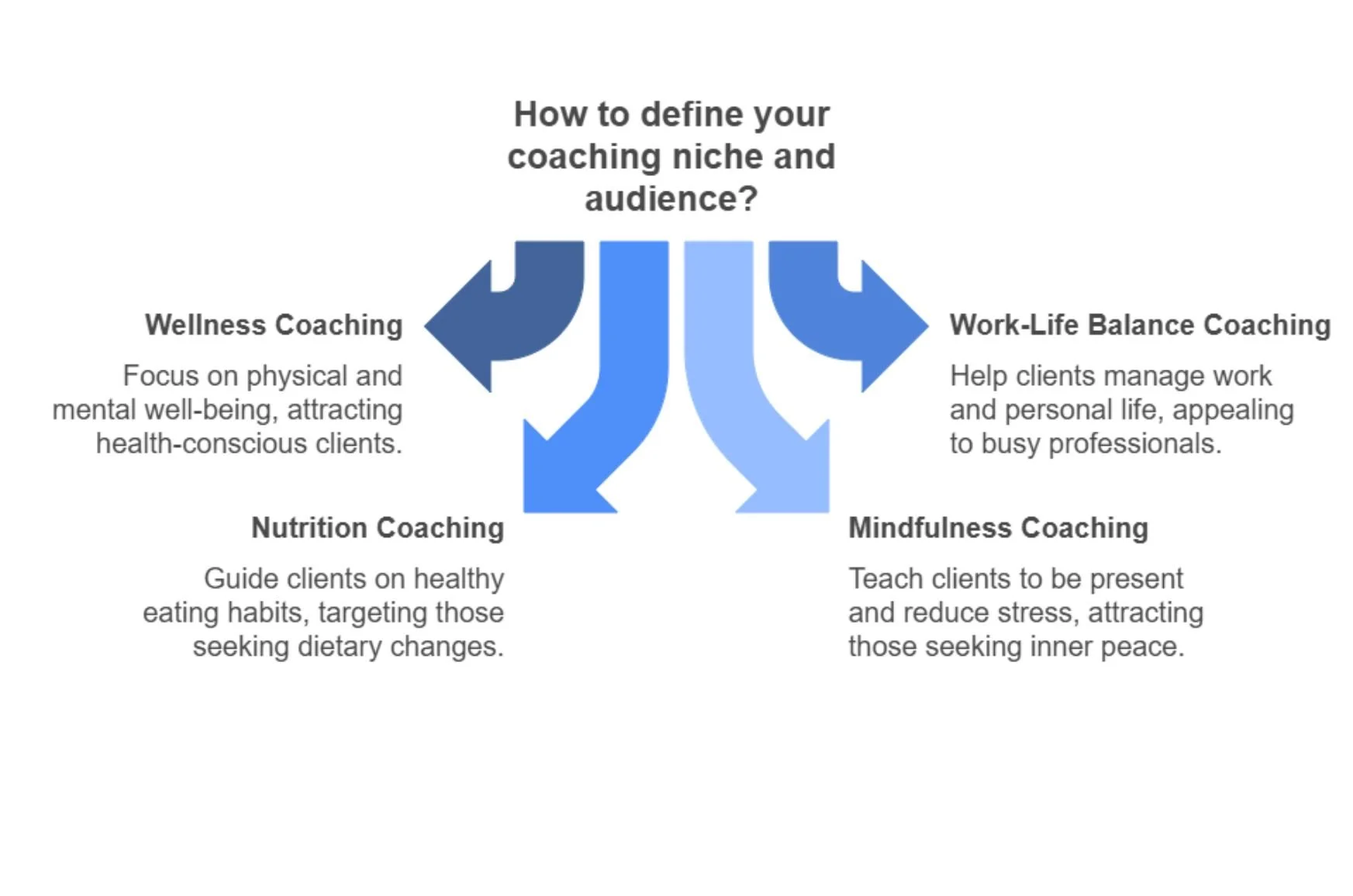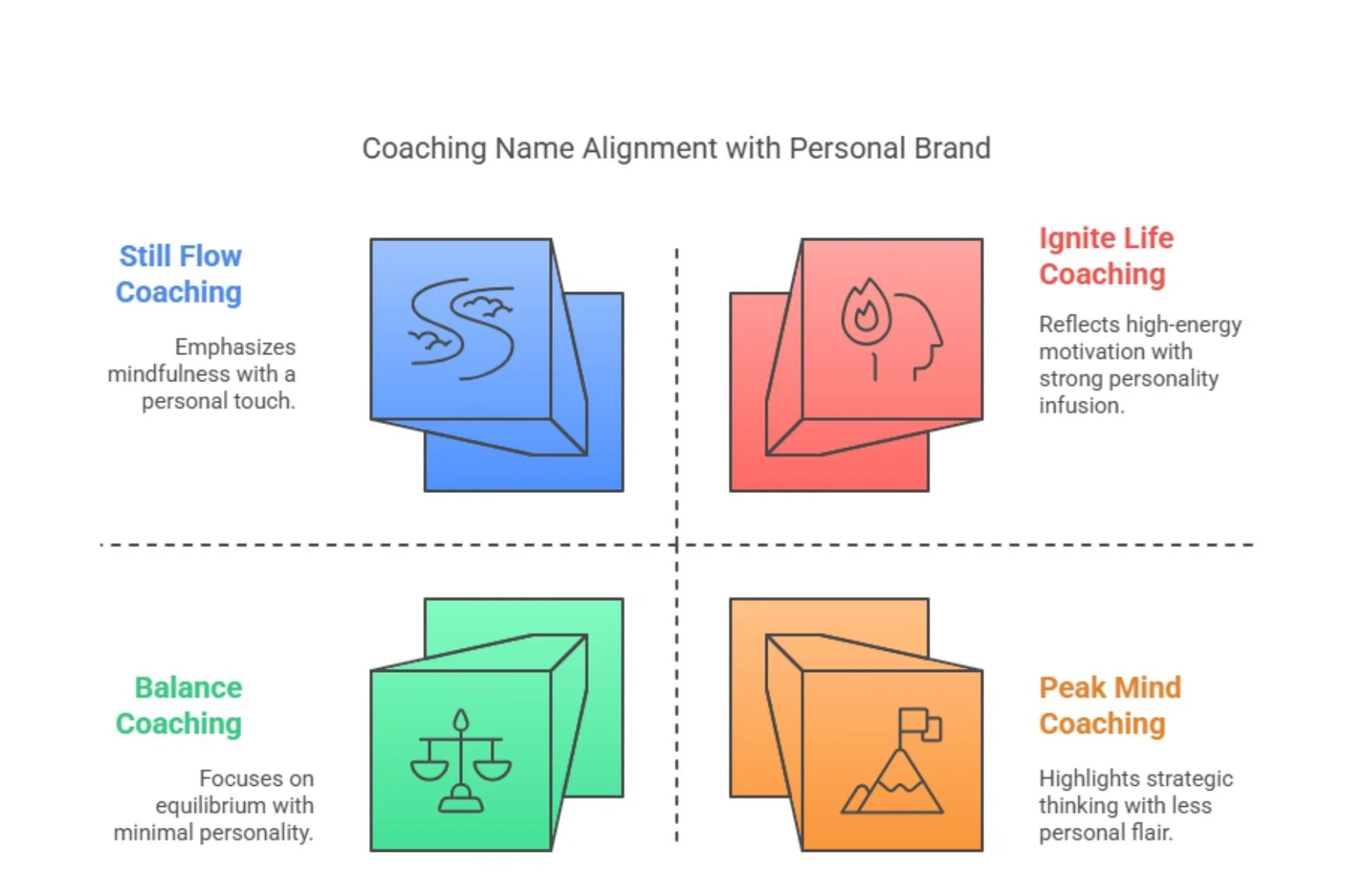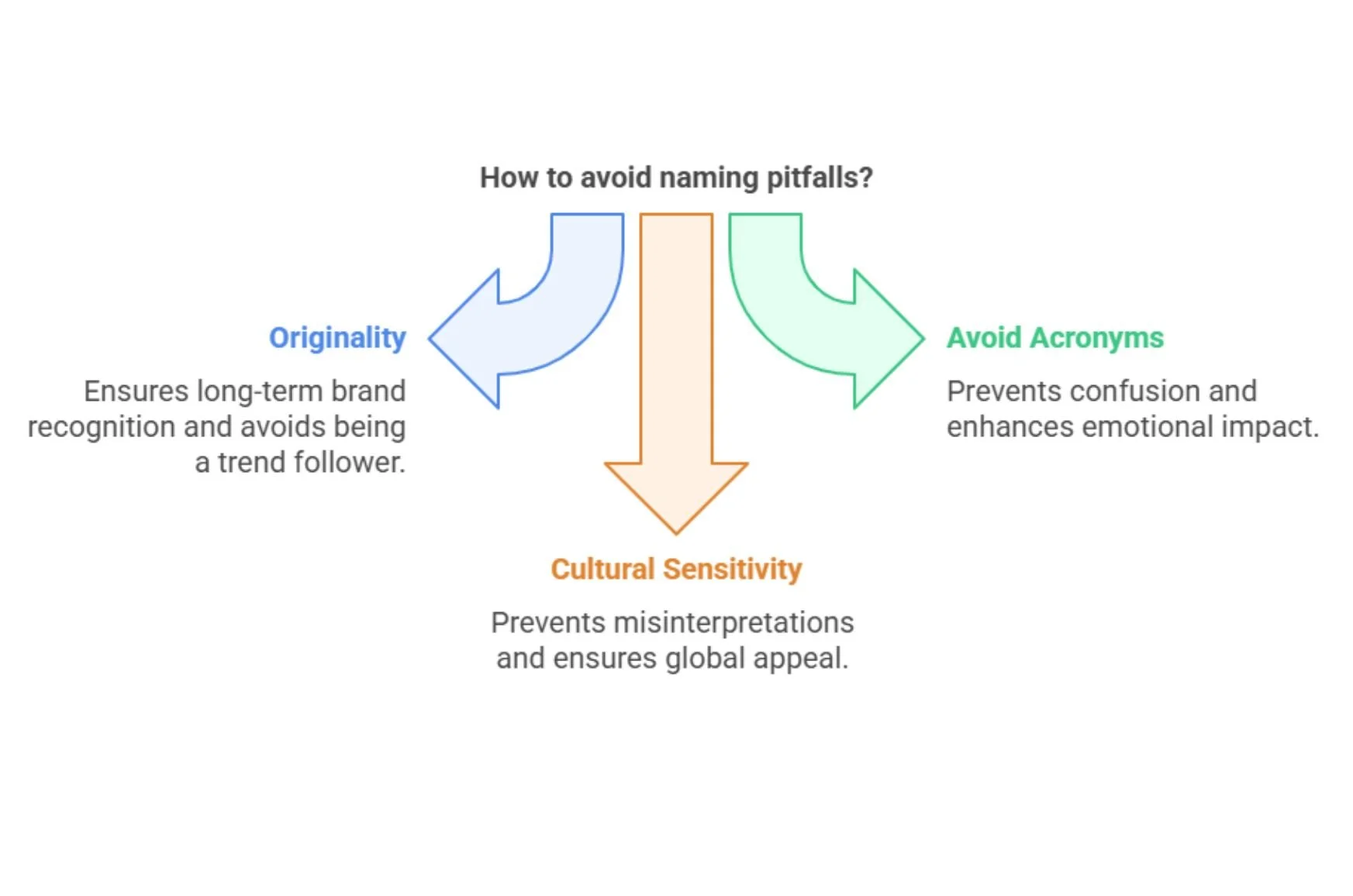Top Tips for Creating a Memorable Lifestyle Coach Name
Choosing the right name for your lifestyle coaching brand is more than just a creative exercise—it’s a foundational step in building your professional identity. A well-crafted name can establish credibility, create a lasting first impression, and help attract your ideal clients. Whether you’re launching your business after completing a Health Coach Certification Course or looking to rebrand, this guide will walk you through the essential strategies to develop a name that reflects your mission and stands out in a growing industry.
Why Your Lifestyle Coach Name Matters
Your name often serves as the first point of contact between you and potential clients. It's not just a label—it's a representation of your values, style, and services. A memorable name can spark curiosity, establish trust, and make your business more referable. With the growing popularity of health and wellness in 2025, particularly among professionals completing Health Coach Certification Courses, your name has to work harder than ever to cut through the noise.
An effective coach name should clearly signal what you do and who you help. It should evoke emotion or a sense of transformation. For example, “Aligned Living Coaching” hints at a holistic lifestyle, while “Power Within Coaching” might appeal to clients focused on motivation and self-development.
1. Define Your Coaching Niche and Audience
Before brainstorming names, clarify your coaching niche. Are you focused on wellness, work-life balance, nutrition, mindfulness, or performance coaching? Your name should reflect your core mission and the value you provide.
Equally important is identifying your audience. If you're targeting busy executives, a sleek, professional name works well. If your niche is holistic wellness for women, a softer, nurturing name might be more fitting. Knowing your niche helps align your name with your services and values, making it more appealing and relevant.
2. Keep It Simple and Memorable
Simplicity is powerful. A name that’s too complex or ambiguous may be difficult to remember or spell, which can hurt word-of-mouth referrals and SEO. Short, clear names like “Vital Path Coaching” or “MindShift Wellness” are easier for clients to recall.
When testing names, say them out loud. Do they flow well? Are they intuitive to spell? Share them with peers or friends to gather feedback.
3. Align with Your Personal Brand
Your coaching name should reflect your personality and approach. Are you spiritual, strategic, nurturing, or direct? Let your style influence your name to create consistency across your brand.
For example, if your coaching includes mindfulness and meditation, you might consider words like “still,” “flow,” or “balance.” For more motivational or high-performance coaching, try names like “Ignite Life” or “Peak Mind Coaching.”
4. Use SEO and Keywords Strategically
If you’re launching your business online, SEO can help clients find you. Including relevant keywords in your business name—or at least on your website—can improve search engine visibility.
Consider using phrases like “life coach,” “wellness,” or “mindset” in combination with your niche. If location-based, a name like “Austin Wellness Coach” can boost local SEO. Just make sure the keywords feel natural and don't overpower the authenticity of the name.
5. Avoid Naming Pitfalls
Avoid copying other coaches or trending phrases. While it's tempting to mimic popular names, originality is key to long-term brand recognition. Trends fade—your brand should endure.
Also, steer clear of acronyms unless they’re highly intuitive. Acronyms can be hard to recall and often lack emotional impact. Test for cultural or linguistic misunderstandings too, especially if you work with international clients.
6. Check for Name Availability
Before finalizing your name, check that it’s available across all platforms. Search for domain names, Instagram handles, and trademarks. Use tools like GoDaddy for domains, and namecheckr.com to see social media availability.
It’s important to secure a matching website and social media profile early—even if you’re not ready to launch—so your brand remains consistent and protected.
7. Ask for Feedback
Once you have a few strong contenders, test them. Conduct short surveys among your target audience, friends, or fellow coaches. Watch how people respond emotionally and whether the name generates curiosity or clarity.
Even a small poll on Instagram Stories can yield insights into what resonates most. Listen closely: if people need the name explained, it might not be strong enough on its own.
8. Make It Scalable
Think long-term. Your name should grow with your brand. Avoid overly niche names that might limit your future direction. For example, “Teen Wellness Coach” may feel restrictive if you later want to work with adults.
Names that are slightly broader but still relevant allow you to evolve without a complete rebrand.
9. Use Emotional Triggers in Your Name
Words evoke emotions—choose them wisely. Using emotionally charged words like “thrive,” “renew,” or “transform” can create instant resonance with your target audience.
These emotional cues can subtly influence how people perceive your services and whether they feel connected to your brand.
10. Consider a Tagline for Extra Clarity
If you want a more abstract name, pair it with a clear tagline. For instance, “Blue Oak” might be vague, but with a tagline like “Life Coaching for Burned-Out Professionals,” it becomes more powerful.
Taglines let you balance creativity with clarity and can reinforce your brand message while allowing flexibility.
Build a Brand That Resonates
Choosing a memorable lifestyle coach name is not something to rush. It requires thoughtful planning, audience research, and creativity. With the increasing number of professionals entering the industry through reputable Health Coach Certification Courses, your name must stand out and embody your mission.
By focusing on simplicity, emotional connection, SEO, and audience alignment, you’ll create a brand that not only attracts attention but also builds trust and long-term relationships.
Why Choose ANHCO for Your Health Coach Certification Course?
At ANHCO, we specialize in providing a comprehensive Health Coach Certification Course tailored to help aspiring lifestyle coaches build authentic, impactful brands. Our curriculum blends science-backed health principles with personal development strategies, marketing skills, and business mentorship.
Whether you’re just beginning or looking to elevate your career, ANHCO prepares you to step into your role with clarity, confidence, and purpose. From branding workshops to niche development modules, we equip you with every tool needed to launch a successful coaching business.
Enroll today in ANHCO’s Health Coach Certification Course and take the first step toward building a memorable lifestyle coaching brand.
10 Lesser-Known Facts About Naming Your Lifestyle Coaching Brand
Names rooted in personal transformation stories often resonate more deeply. Sharing your own journey in your brand name (even subtly) creates a stronger emotional connection with potential clients.
Nature-based names can subconsciously suggest healing and balance. Words like “oak,” “river,” or “roots” often appeal to clients seeking peace, clarity, and wholeness.
Clients tend to trust names that feel human. Using real words over made-up, abstract combinations makes you appear more approachable and authentic.
A name with rhythm or alliteration is more likely to be remembered. Even if people don’t realize it consciously, names like “Soul Shift” or “Balance Blueprint” stick in the mind longer.
Names that evoke movement or energy can inspire action. Words like “ignite,” “shift,” or “rise” subtly suggest transformation and progress—key themes in lifestyle coaching.
Your ideal clients will often “feel” the right name before they understand it logically. Emotional impact plays a major role in brand perception, often more than meaning alone.
Overly trendy names can age your brand prematurely. What sounds modern now might feel dated in a few years—classic, timeless language lasts longer.
Words inspired by ancient languages (like Latin or Sanskrit) can add depth. When used meaningfully, these can signal wisdom, tradition, or spirituality—especially if that aligns with your niche.
Descriptive names can improve clarity, but conceptual names create intrigue. A balance between the two often works best depending on your coaching style and audience.
The best names often come from unexpected moments. Many coaches report their brand name came to them during meditation, a walk in nature, or a breakthrough coaching session—not during a brainstorming session.
FAQS
-
Your name is the first impression of your brand. A memorable name helps you stand out, builds trust, and communicates your coaching niche and personality.
-
Start by identifying your niche, target audience, and core values. Use keywords that reflect your style and message, and avoid names that are too generic or overused.
-
It can! Including your name adds a personal touch and builds credibility. But if you plan to scale or create a brand bigger than yourself, a more flexible name might work better.
-
Yes. Including keywords like “wellness,” “balance,” “mindset,” or “life coach” can help your brand appear in relevant searches, especially on Google and social platforms.
-
Do a domain name search, check social media handle availability, and ensure there are no trademarks on the name to avoid legal issues or branding confusion.
-
Simplicity, clarity, emotional connection, and uniqueness. The best names are easy to say, easy to remember, and resonate with your ideal clients’ desires and values.




